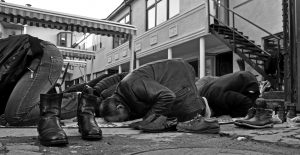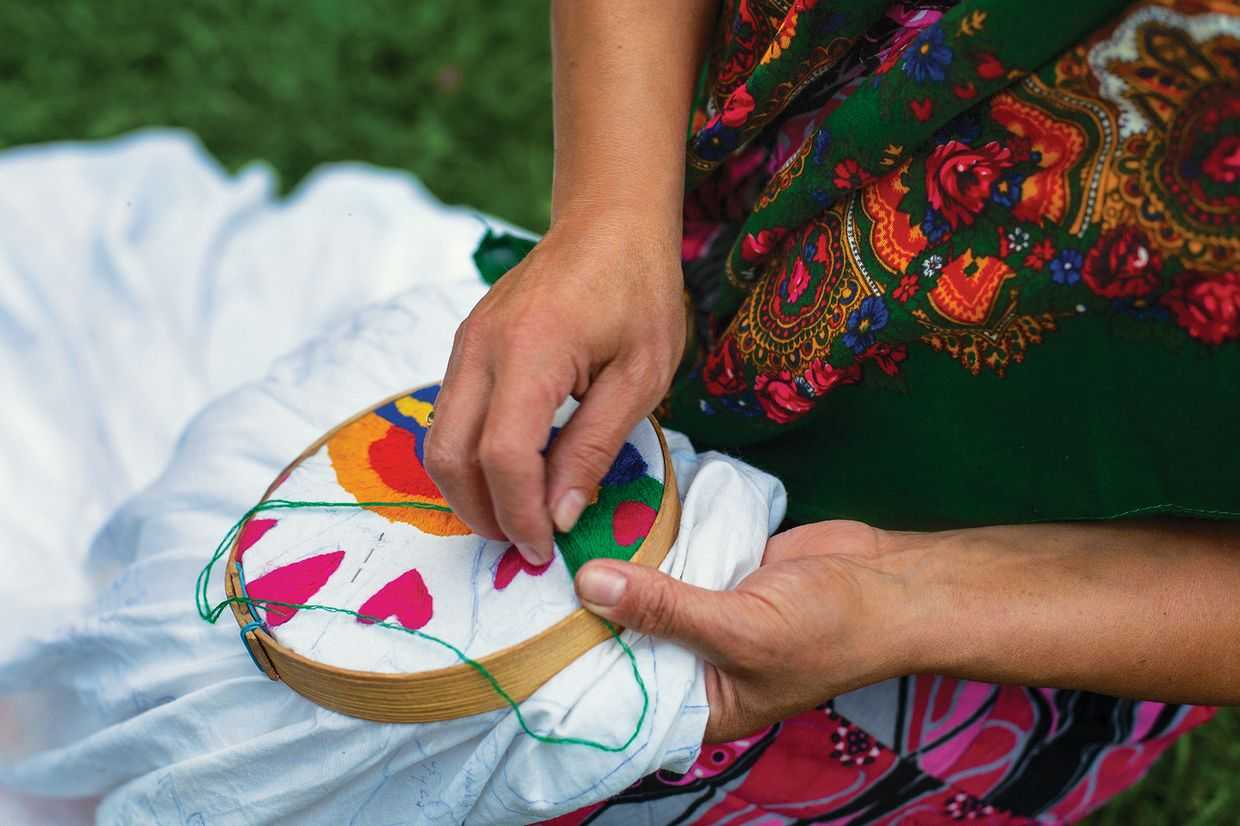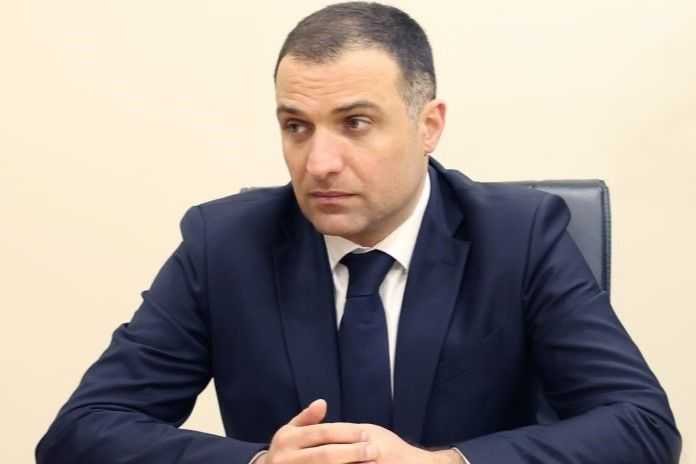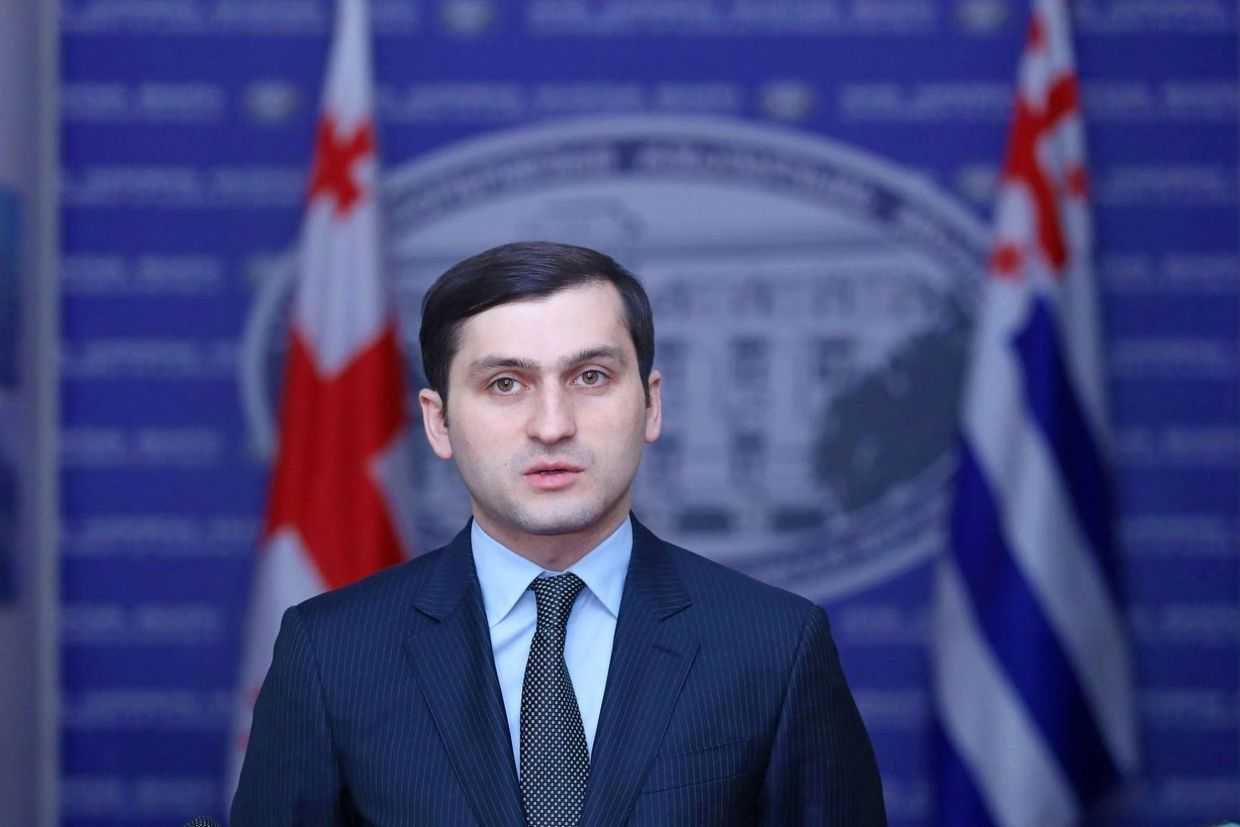

 A controversy over the construction of a second mosque in Batumi has resurfaced after the new head of Adjara, Tornike Rizhvadze, promised it would go ahead. Batumi’s Muslims have long complained that the city’s only current mosque is too small, but Rizhvadze faced criticism for his decision from a number of ultra-conservative groups including the March of Georgians.
A controversy over the construction of a second mosque in Batumi has resurfaced after the new head of Adjara, Tornike Rizhvadze, promised it would go ahead. Batumi’s Muslims have long complained that the city’s only current mosque is too small, but Rizhvadze faced criticism for his decision from a number of ultra-conservative groups including the March of Georgians.
Rizhvadze, a member of the ruling Georgian Dream Party, vowed to greenlight the mosque before he was appointed chairperson of the government on 21 July to replace Zurab Pataradze, who quit on 4 July.
Responding to questions from opposition members of Adjara’s legislature, the Supreme Council on 21 July, the then candidate stated that ‘everyone’s freedom of religion and faith should be safeguarded’ adding that Adjara was a ‘multicultural, multi-religious’ region.
He said it was his ‘government’s principled position’ that the mosque would be built via ‘consensus’, and with ‘Georgian money’. Responding to questions from the opposition United National Movement (UNM) as to whether this meant money from Georgian Dream party chair, billionaire Bidzina Ivanishvili, Rizhvadze said they would welcome any potential charitable donors.
Ivanishvili, who was Georgia’s Prime Minister for just over a year in 2012–2013, promised during his pre-election campaign to build the mosque with his personal money, a promise he did not fulfill.
Rizhvadze reiterated his position after being appointed, and criticised ‘certain forces’ for ‘speculating with this sensitive topic’. He also promised to install a monument to 11th–12th century Georgian monarch King David the Builder in Batumi, something a number conservative groups have demanded for months.
Neither the UNM, who have frequently been critical of the government for failing to protect religious minority rights, nor the ultra-conservative Alliance of Patriots Party, who have previously rallied against construction of a new mosque, voted in favour of confirming Rizhvadze.
Batumi’s Muslim community have demanded land be allocated by the authorities to build a new mosque for decades, as the only current one, Erta, is too small for all of the city’s Muslims to pray inside. However, conservative groups, including Georgian Orthodox Church, have resisted the plans for a new mosque, with some associating it primarily with Turkey and what they say are plans to gain religious and political influence in the region.
Far-right backlash
The mosque was one of the central pre-election issues for the Alliance of Patriots in 2016 parliamentary elections, with the party warning of excessive Turkish influence in Adjara. The issue was later picked up by the March of Georgians and other smaller far-right and conservative groups active on Facebook.
Soon after Rizhvadze’s statements in support of the mosque, the March of Georgians claimed on their Facebook page that Batumi City Hall had nixed the idea of erecting a monument to David the Builder ‘upon the request of the neighboуring countries’. They said the local government had decided ‘instead’ to build the new mosque and promised a ‘national awakening’ would soon happen in Batumi.
On 22 July, the Facebook page of the far-right National Power announced a rally in Tbilisi on 12 August on the ‘Turkified’ Aghmashenebeli Avenue.
Several-thousand people marched down Aghmashenebeli Avenue, a multicultural street with a number of Asian restaurants, in July 2017 in a far-right anti-immigration demonstration. The date of the announced rally, 12 August marks Didgoroba, the celebration of David the Builder’s (Davit Aghmashenebeli) victory over the Turkic Seljuq Empire in the 1121 Battle of Didgori.
The March of Georgians and other conservative groups have claimed that Didgoroba not celebrated by the Georgian government due to pressure from Turkey.
On 23 July, Batumi City Hall denied that the David the Builder monument had been cancelled.
During his 2014 visit to Turkey, head of the Church, Patriarch Ilia II said that Muslim community in Georgia had more than 311 functioning mosques while none of the Georgian Orthodox churches in Turkey were functioning.
‘Georgian democracy is lagging’
The Head of the Georgian Muslims’ Union, Tariel Nakaidze, told OC Media that criticism of Rizhvadze from conservative groups was a result of the ‘misguided’ state policies. Nakaidze said the emergence of groups like the March of Georgians was a ‘clear sign Georgian democracy is lagging behind’. Nakaidze said there was nothing new about Rizhvadze’s promise as ‘other leaders have also promised to support a new mosque in Batumi’.
The Mosque Construction Fund in Batumi, headed by Nakaidze, acquired a plot of land and formally opened an open-air mosque on 26 May 2017, but the authorities refused to sanction the construction of a building on the site arguing the area was a high density residential zone not suitable for a religious premises. In June 2017, the group appealed the rejection in court, arguing it represented discrimination on religious grounds.
Nakaidze said he hoped they ‘will be given the right to exercise their constitutional freedoms’. If not, he told OC Media they would go ahead with the construction, ‘exactly the way other churches of the same size’ were built. According to Nakaidze, Orthodox Churches are frequently built without permits, sometimes on the state-owned land.
In April, the local Muslim community rejected Batumi Mayor Lasha Komakhidze’s offer to grant a permit on the site if the land was transferred to the Administration of all Muslims of all Georgia, a state funded organisation that many local Muslims say the government controls.
‘We, the Muslim community, don’t need foreign or government donations, we have enough power to build the mosque all by ourselves and we also follow existing regulations about donations ensuring transparency of financing’ Nakaidze said. ‘If the government has extra money to spend, let them take care of the so-called Dream Town suburb in Batumi, where people live in rooms made of cardboard’.







